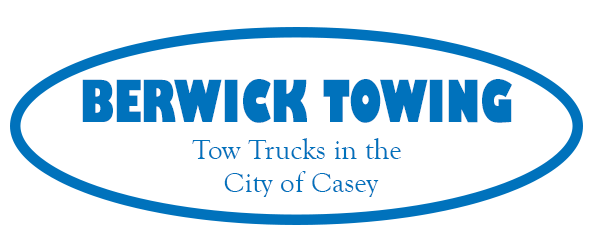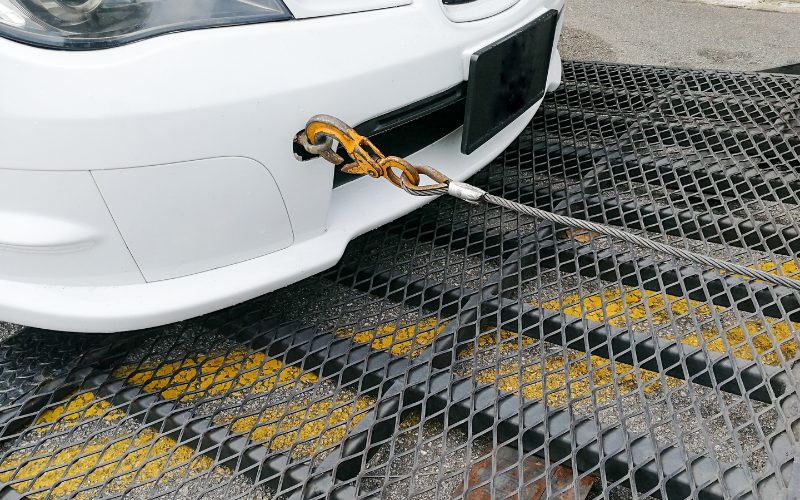Here at Berwick Towing Melbourne, our team of fully licensed and trained towing experts are experienced at providing a massive range of towing methods for a massive range of vehicle types. In this blog entry, our heavy duty towing experts will provide important detail as to the different towing methods commonly utilized in the industry today.
Flatbed Towing
Flatbed towing is the preferred and most popular towing method. Flatbed towing is gentle on your vehicle, and prevents possible damage from affecting it and the drive chain. Flatbed trucks have an eponymous large and flat bed in it’s rear, which is operated using hydraulics to tilt downwards. Then the vehicle that’s meant to be towed is driven up onto the ramp – or, if it cannot drive – is pulled onto the ramp.
Hook and Chain Towing
Hook and chain methods utilize the lifting up of a vehicle from its front. Chains and hooks are attached to the vehicle’s axle allow the truck’s boom to lift up the front of the truck, positioning the front wheels of the word vehicle onto the rear of the towing truck. The back wheels of the towed vehicle stay on the road, and roll along as the tow truck is driven. Hook and chain towing is relatively affordable and simple, but it is not an ideal choice or every type of vehicle. Hook and chain towing should not be attempted on 4 by 4 vehicles or all-wheel drive vehicles, as this can cause serious damage.
Wheel Lift Towing
Wheel lift towing operates similarly to hook and chain towing, but has a large yoke attached to the towing vehicle, which is placed either underneath the front wheels of the vehicle meant to be towed, or it’s rare. This metal yoke is used instead of the chain and hook to carry the vehicle. Wheel lift towing technology utilizes pneumatic or hydraulic lifts to raise the towed vehicle off the ground, and wheel dollies can be utilized in the event that the vehicle in question is all-wheel-drive.

